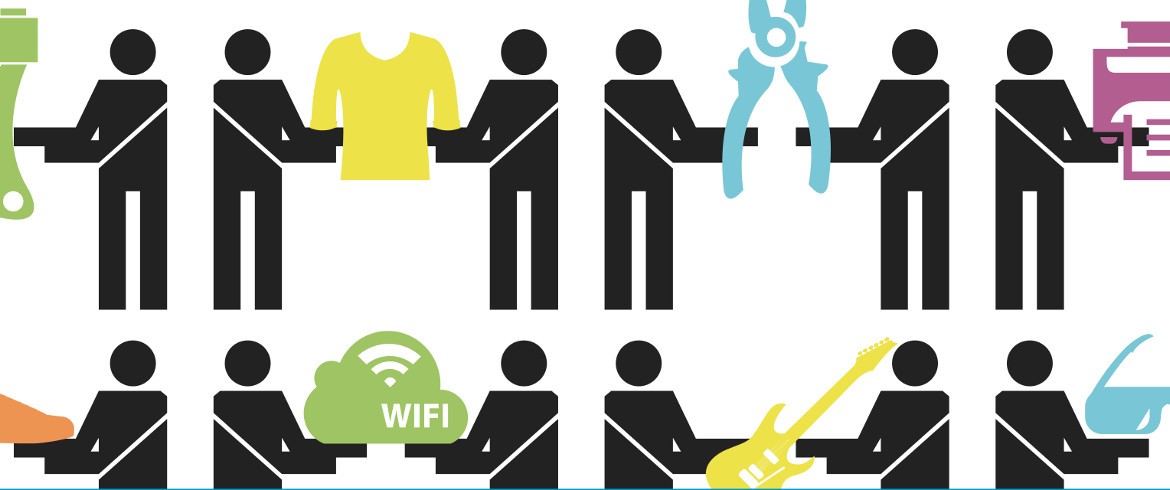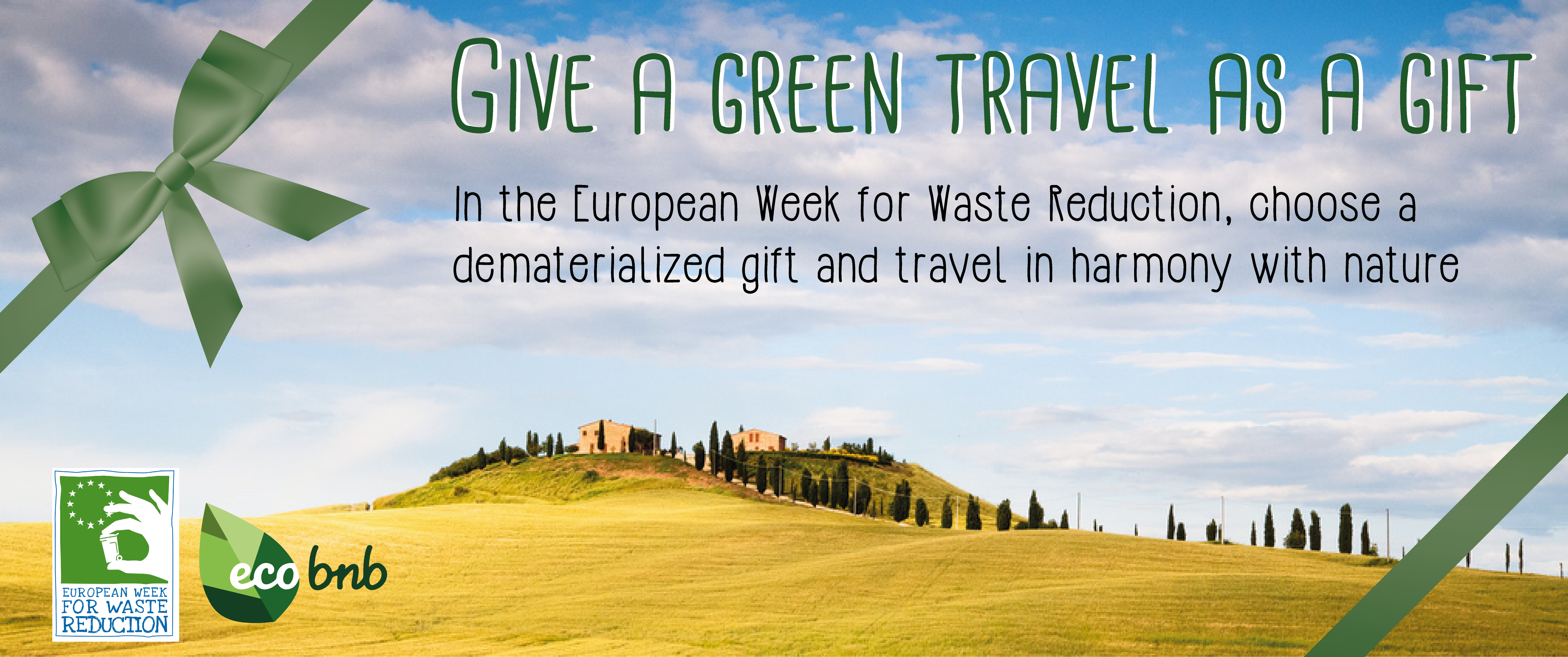Did you know that the product consumption (including production, transport and distribution), represents about 50% of CO2 emissions contributing to climate change? This is nothing new: the average of waste generated each year by each inhabitant of Europe is 525 kilograms, and need to be reduced drastically. Our lifestyle based on consumption should evolve in the culture of reuse, recycling and waste minimization. In a word: we must try doing more with less!
Dematerialization: doing more with less!
Dematerialization is the motto identified by the European week for Waste Reduction this year, which is the main and most extensive informational campaign in Europe about the impact of waste on the environment. This year it take place from November 21 to 29.
Dematerialize means using less material, or any material, to provide users with the same level of functionality. Concretely, this provides more efficient use of resources, and less waste.
How can we dematerialize and reduce waste?
For example by replacing products with services: instead of buying an object (a car, a bicycle, a pair of skis or a book) we can borrow it, share it or exchange it (for example with carpooling or bikesharing through a website for sharing of sports equipment, an ancient library or an innovative BookCrossing).
Or by optimizing the use of materials: we can reduced the amount of materials that are used to satisfy our needs. For example, virtualizing (from digital documents to gifts), reducing the waste of resources (packaging, packaging, etc.) And reusing products.
The European Week for Reducing Waste
From 21 to 29 November 2015, more than 12,000 actions are scheduled all across Europe to bring attention to the issue of reducing waste, and encouraging people do more with les: co-design workshops, flea markets, dematerialized gifts campaigns, laboratories for the reduction of packaging, Swaps parties, events of creative reuse, for example to furnish the house reusing pallets, etc.
Reduce waste and travel in harmony with Nature
Ecobnb participates in the European Week for Waste Reduction, proposing the action “Green Gift: Reduce waste and travel in harmony with nature”. For a week we are going to involve travelers and green hospitality sharing best practices to reduce waste and encouraging the choice of dematerialized gifts.
A gift, that is no longer an object, can be a great experience. The Green Gift can be a stay in an ecofriendly accommodation, an organic dinner, an hour in the garden or a cooking class, a massage or a yoga session, a route by bike, a day in a spa, or much more.
Are you thinking of giving a Green Travel experience as a gift?

